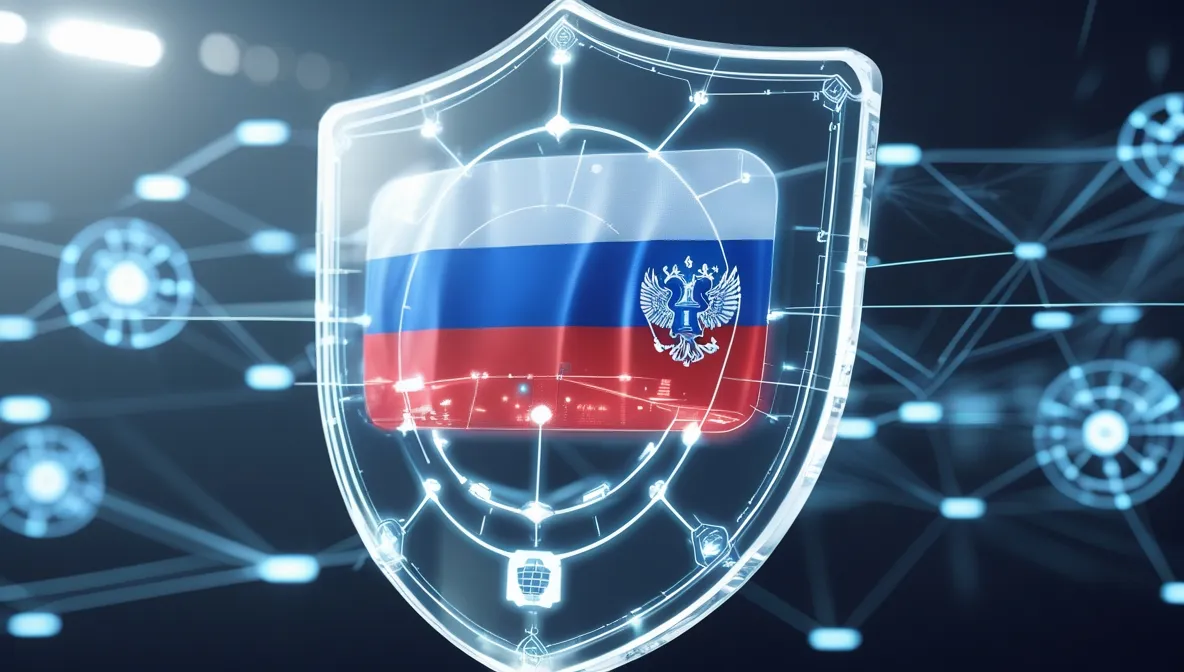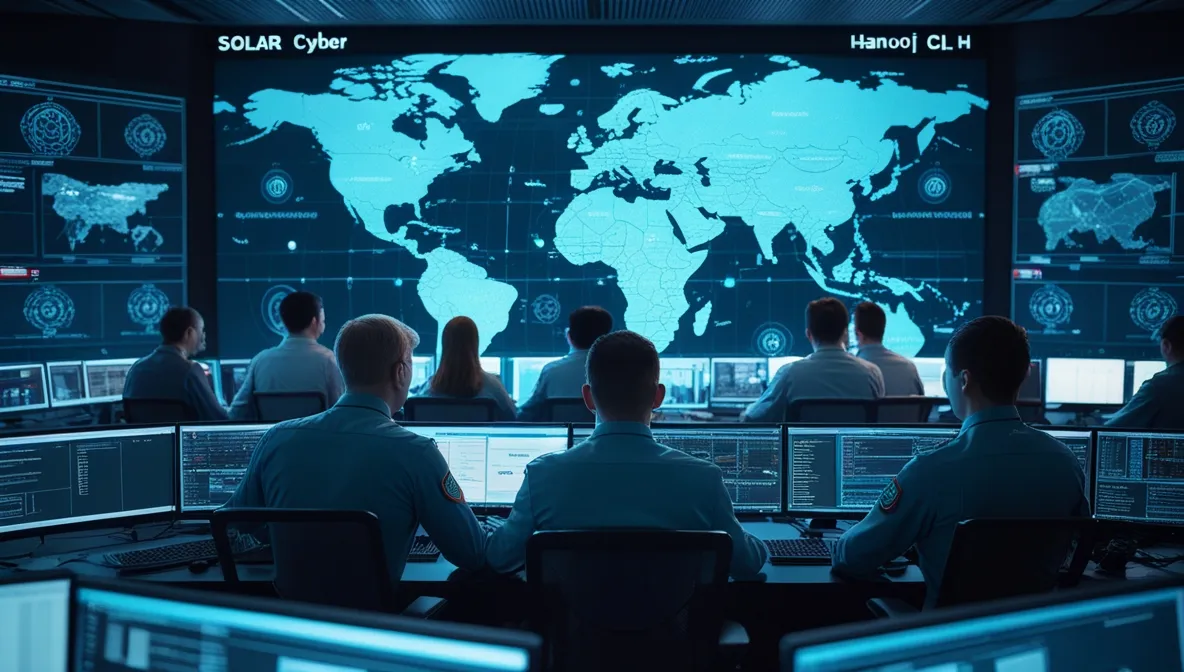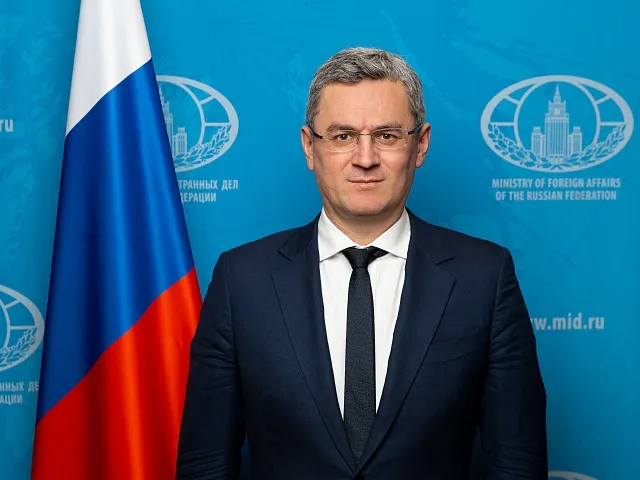From the Hanoi Convention to Action: Russia’s ‘Solar’ Leads Cybersecurity Exercises in Vietnam
In October 2025, the United Nations signed the new Hanoi Convention on Cybercrime in Vietnam. As part of the accompanying events, Russia’s Solar Group organized two cyber defense exercises — a move widely seen as symbolic recognition of the Russian cybersecurity industry’s growing global influence.

Rising Trust in Russian Cybersecurity Solutions
The signing of the new UN Hanoi Convention and the participation of Russia’s Solar Group represent an important milestone for the country’s cybersecurity sector. For Russia, it marks international acknowledgment of its technological maturity and defensive capabilities in the digital domain.
This development enhances Russia’s standing as an active contributor to global frameworks for combating cybercrime. Such recognition also has a domestic impact — citizens and businesses are likely to place greater trust in Russian cybersecurity solutions.

On a global level, the Convention and Russian initiatives could help shape emerging international standards for data protection and digital resilience.
Building National Defense Institutions
Global recognition is expected to create new export opportunities for Russian cybersecurity firms while stimulating further investment in domestic defense technologies. It also boosts demand for skilled professionals and strengthens collaboration among public and private entities.
Within Russia, this recognition could accelerate the development of indigenous cybersecurity tools designed to detect, prevent, and mitigate cyber threats. In the long term, closer cooperation between government agencies, enterprises, and IT security vendors will raise the overall level of cyber resilience nationwide.
Strategic Growth Through Sovereignty
Russia’s cyber strategy is firmly rooted in the principle of digital sovereignty. The country seeks to minimize external control over its critical IT infrastructure while expanding its domestic technology base and international partnerships.

A 2023 study, "Unpacking Russia’s Cyber Incident Response", outlined how Russia has modernized its national approach to cyber incident management. Key components include early detection (via CERT-Russia, critical infrastructure operators, and private firms), coordinated response between the FSB, Ministry of Digital Development, and industry partners, and structured post-incident analysis supported by simulation-based training.
The system reflects centralized oversight by the FSB, increased government coordination, and gradual transparency improvements. Russia’s cybersecurity market began accelerating in 2020, with total sales of services and solutions reaching approximately $1.6 billion. Data protection accounted for about $130 million, led by encryption, DLP, and access control systems.
Implementation, outsourcing, and consulting formed the backbone of the sector’s growth. In this context, Solar’s cyber exercises in Hanoi represent a logical step in the country’s cybersecurity evolution — not an isolated event but part of a broader strategic expansion.

Expanding the Export of Domestic Solutions
The signing of the Hanoi Convention and Russia’s visible participation in its associated events mark a turning point for the institutionalization of its cybersecurity sector. This development reinforces Russia’s role as an active contributor to global cybersecurity dialogues and encourages local companies to scale up their expertise.
In the next one to two years, an increase in Russian participation in international cyber agreements and joint exercises is expected, alongside growing exports of domestic security platforms. Over a three- to five-year horizon, Russia could establish its own cybersecurity standards, integrate them with allied systems in the CIS and Asia, and expand the presence of Russian-built platforms abroad. Challenges remain — including sanctions, technological gaps, and the need for compliance with international certification frameworks — but the trajectory suggests sustainable progress.










































